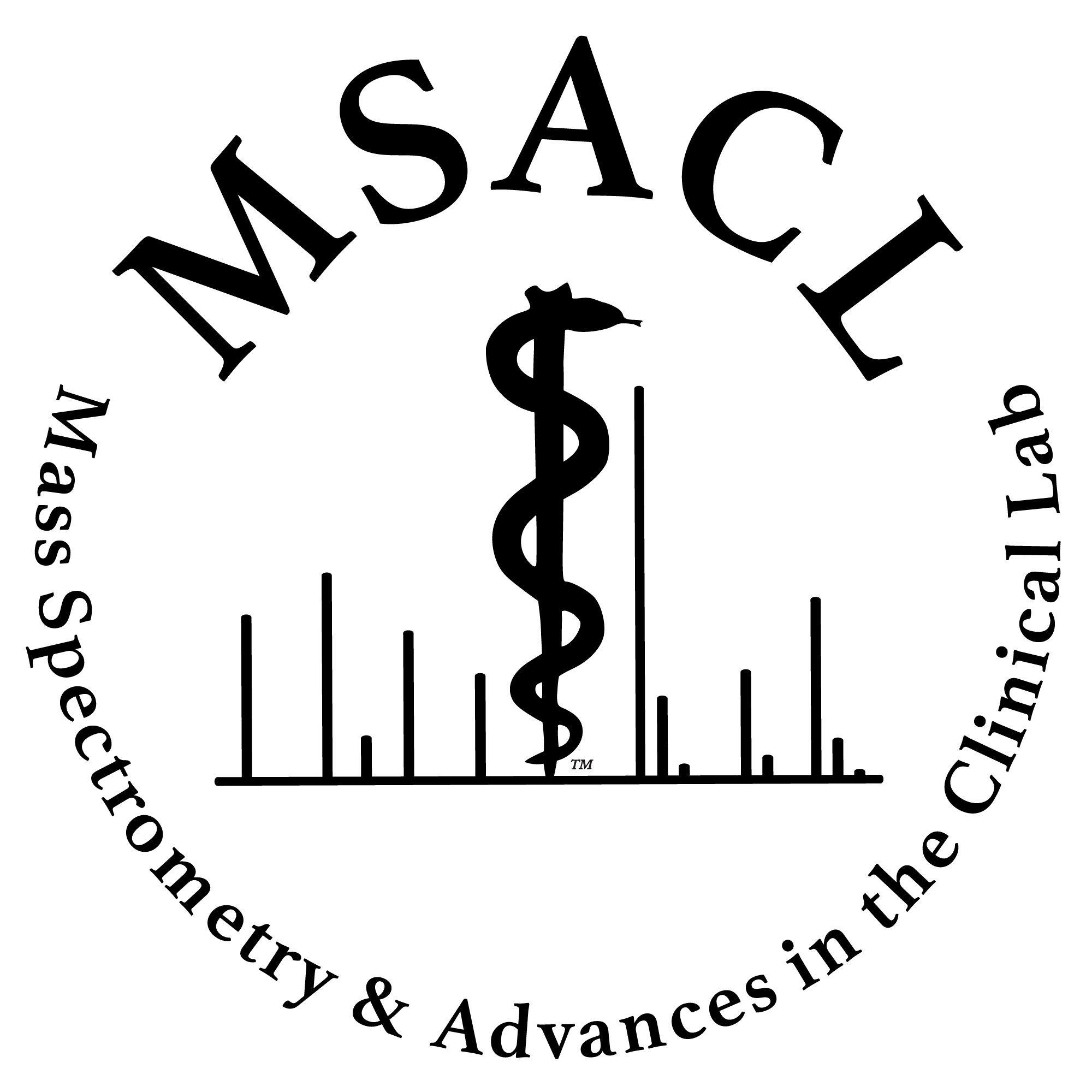MSACL 2023 Industry Workshop Presentation
*This Podium Presentation is occuring in the context of an Industry Workshop that starts at the time below.
Its actual start time may be up to 40 minutes later, depending on order of presentation if there are multiple presentations planned by the workshop host.
| Workshop Host: | Thermo Fisher Scientific |
| Day: | Thursday April 6 |
| Time: | 7:00* |
| Location: | Steinbeck 1 |
|

|
|
Peptidomic classification of Mycobacterial at sub-species resolution
|

|
Tony Hu, PhD
Tulane University School of Medicine
|
Presenter Bio: Dr. Tony Hu is the Weatherhead Presidential Chair in Biotechnology Innovation and a Professor in Biochemistry and Molecular Biology, Biomedical Engineering, and Microbiology at Tulane University. He is also the founding Director of the Center for Cellular and Molecular Diagnostics at Tulane School of Medicine. Dr. Hu received his Ph.D. in Biomedical Engineering from the University of Texas at Austin in 2009. Dr. Hu’s research focuses on the development of nanomaterial platforms and proteomic approaches that are designed to enrich biomarker capture from microbial pathogens, or enhance biomarker signal, to improve the detection sensitivity, specificity, or quantitation of pathogen-derived soluble or extracellular vesicle (EV)-associated factors in complex biological samples.
|
|
|
|
|
Summary Diagnostics for infectious diseases often exhibit poor sensitivity and specificity, hindering early detection and treatment evaluation. Or team exploits proteomic information and nanomaterial properties to generate integrated assay platforms for personalized medicine that distinguish related pathogens requiring distinct interventions, and design nanomaterials to amplify the signal of biomarkers from interfering factors to directly promote their detection.
Using this approach, we’ve developed a blood-based quantitative assay to diagnose tuberculosis in groups underdiagnosed by current diagnostics. This LC-MS based assay platform can quantify scarce biomarkers that are otherwise undetectable, and it is designed to allow rapid modification for different disease targets, including emerging infectious diseases. Our discussion will also include the other platforms we employ to develop assays for diseases with unmet diagnostic, prognostic and monitoring needs, including assays to diagnose/prognose patients infected by non-tuberculous mycobacteria, ebolavirus species, or those with pancreatic or lung cancer.
|
|

